(to leave your comment on this, or any RCI story, go to bottom of page for the submission form)
The mainly French-speaking province of Quebec recently banned face coverings for anyone receiving public service in the province.
It is a first in North America, but the province now joins several other countries or regions in the world which have instituted full or partial bans on Muslim face coverings.
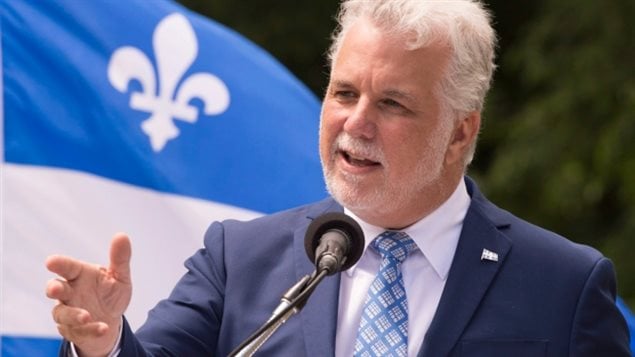
The new law has been widely condemned by a variety of officials and various advocacy groups as targeting Muslim women who choose to wear the niqab veil or burka.
“We are just saying that for reasons linked to communication, identification and safety, public services should be given and received with an open face,” Premier P.Couillard
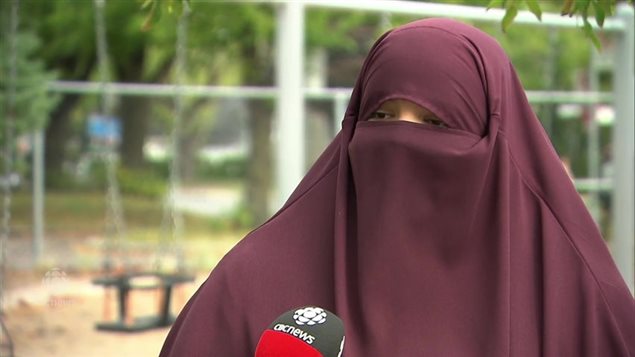
In spite of wide media attention given to those against the new law, and condemnation such as that from Ontario’s Premier, and Montreal’s Mayor, a recent survey shows fairly widespread support for the law within the province.
The finding was part of a larger poll conducted by the Angus Reid polling service.
The survey taken in early October showed 62 per cent “strongly” supported the new law, while another 25 per cent expressed “moderate” support.
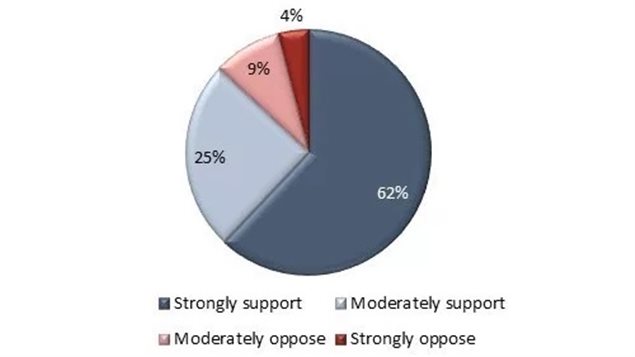
The law says no-one providing public services (public employees) or receiving them can do so with the face covered.
Many opponents say the new law deliberately targets Muslim women while other criticism include the difficulty of enforcing it.
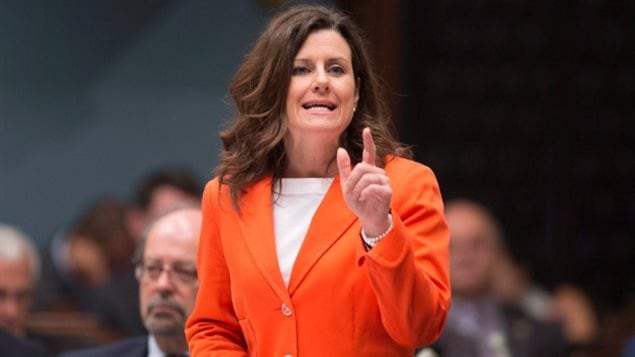
Transit drivers don’t want to be put into the position of policing the law and refusing riders for example. Others say in the case of medical emergencies, no one can be refused treatment, face covered or not.
At present there are no penalties for those not enforcing the law. There are also exemptions for those making a “serious” request although that too is vague.
The government says it intends to clear up many of these and other issues by next July.
Additional information- sources
- Bill (Law) 62: Govt of Quebec
- Angus Reid Poll
- CBC: L Pelley: Oct 19/17: Ontario leader against Bill 62
- Toronto Sun: A Artuso: Oct 19/17: Ontario leader condemns 62
- CBC: K Laframboise: Oct 22/17: Pro Bill 62- safety, respect
- Canadian Press (via Huff Post): G Valiante: Oct 18/17: Bill 62 passes
- CBC: A Montgomery: Oct 17/17: facts about law
- Canadian Press (via PostMedia): M Lowrie : Oct 22/17: Niqab- It’s who I am
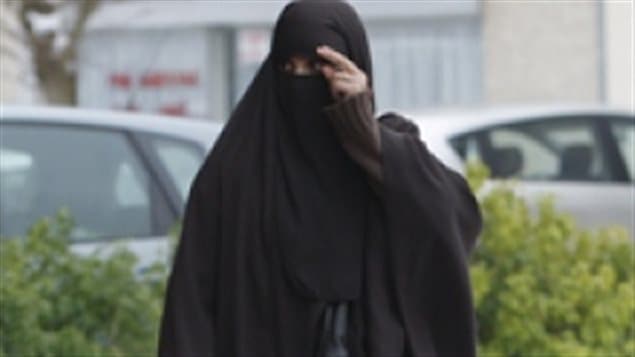






For reasons beyond our control, and for an undetermined period of time, our comment section is now closed. However, our social networks remain open to your contributions.